
10 Key Interview Mistakes to Avoid 🚫

Landing a job interview is a significant step in your career journey, but what happens if you keep getting turned down? Sometimes, the reason lies in common mistakes candidates make during interviews. Here’s a detailed look at ten key interview mistakes that could cost you the job and how to avoid them.
Table of Contents
- 1. Arriving Late ⏰
- 2. Not Being Prepared 📚
- 3. Dressing Inappropriately 👔
- 4. Failing to Make Eye Contact 👀
- 5. Poor Communication 🗣️
- 6. Bad-Mouthing Previous Employers 🙅♂️
- 7. Being Overconfident 💪
- 8. Sounding Rehearsed 📖
- 9. Forgetting Names 📝
- 10. Failing to Ask Any Questions ❓
- Conclusion 🎉
- Frequently Asked Questions (FAQs) ❓
1. Arriving Late ⏰
Arriving late to an interview can have disastrous consequences on your chances of securing the job. You’ll leave a bad taste in the employer’s mouth before they’ve even met you in person. So, make sure you don’t set yourself up for failure by arriving at your interview location around 10 minutes earlier than your scheduled time.
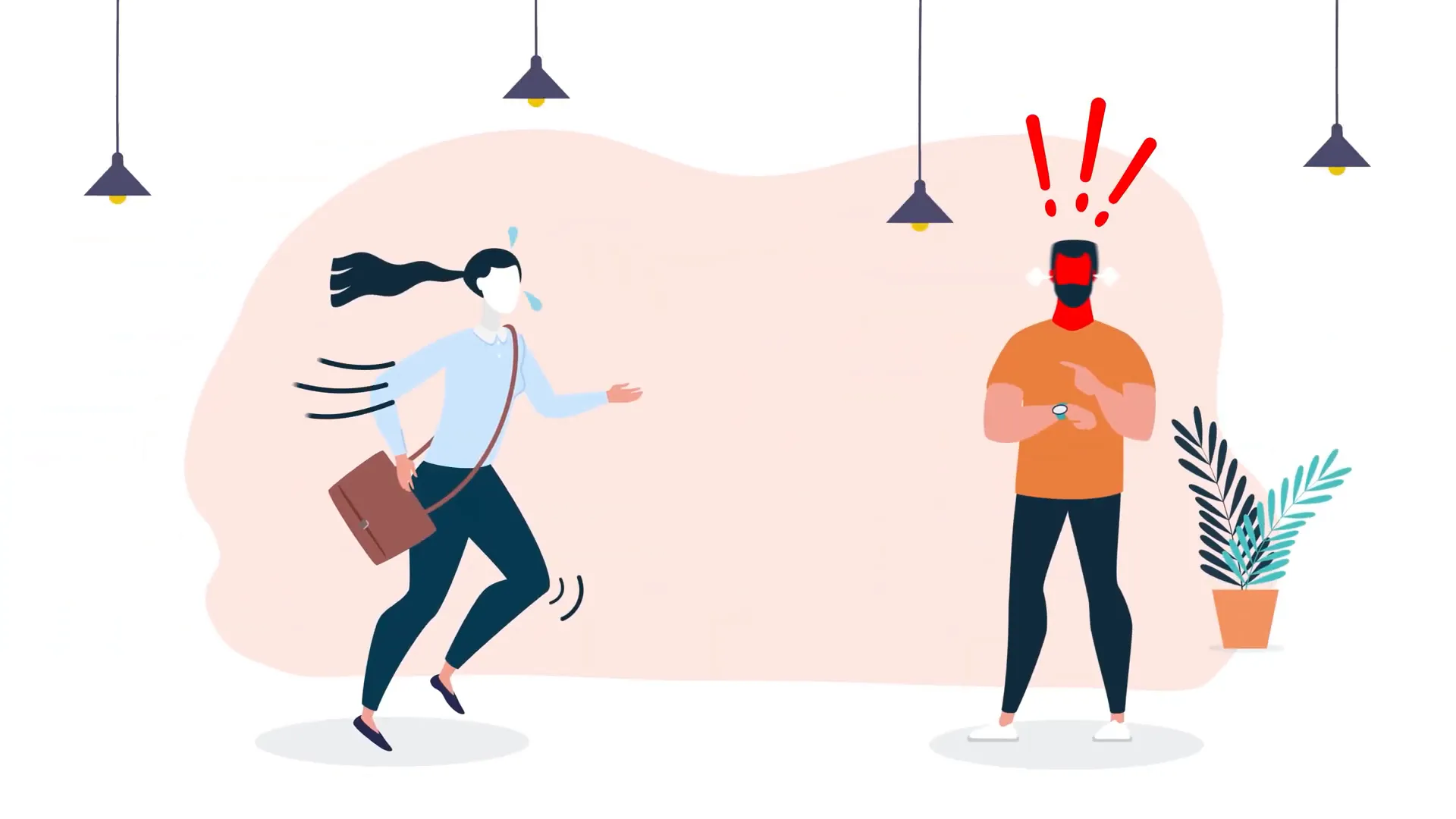
2. Not Being Prepared 📚
Preparation is key in any work scenario, but it’s even more important when it comes to your job interview. With information readily available at your fingertips, there’s no excuse for not understanding who the company is or what they do. Research the company’s mission, values, and recent developments to show that you’re genuinely interested.

3. Dressing Inappropriately 👔
Dressing for interview success is essential. Hiring managers often make their decision in the first five minutes of meeting you. Ensure that your outfit suggests you’re the best candidate. A professional and well-thought-out outfit demonstrates attention to detail and organizational skills. Just make sure your attire aligns with the company’s dress code and culture.
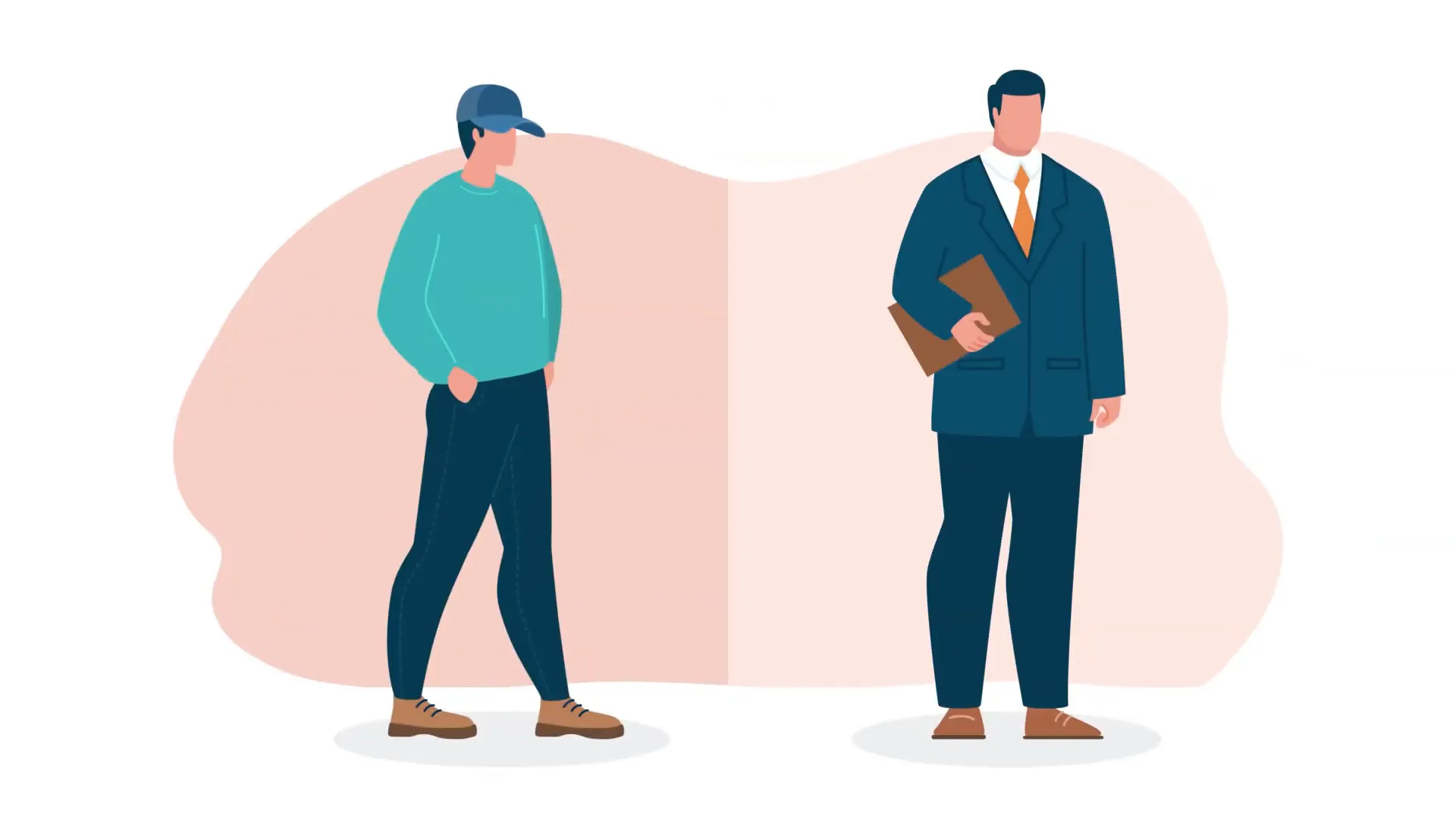
4. Failing to Make Eye Contact 👀
Making eye contact builds trust and forms a connection with the interviewer. If you fail to maintain eye contact, it may suggest that you have something to hide. However, there’s no need to hold an uncomfortable gaze; follow your interviewer’s lead for the right level of eye contact.

5. Poor Communication 🗣️
Whether you’re excited to showcase your skills or simply want to come across as confident, you must ensure that you communicate effectively. Interrupting your interviewer or rambling without understanding the question can quickly land you in the ‘no’ pile. Practice clear and concise answers to common questions.
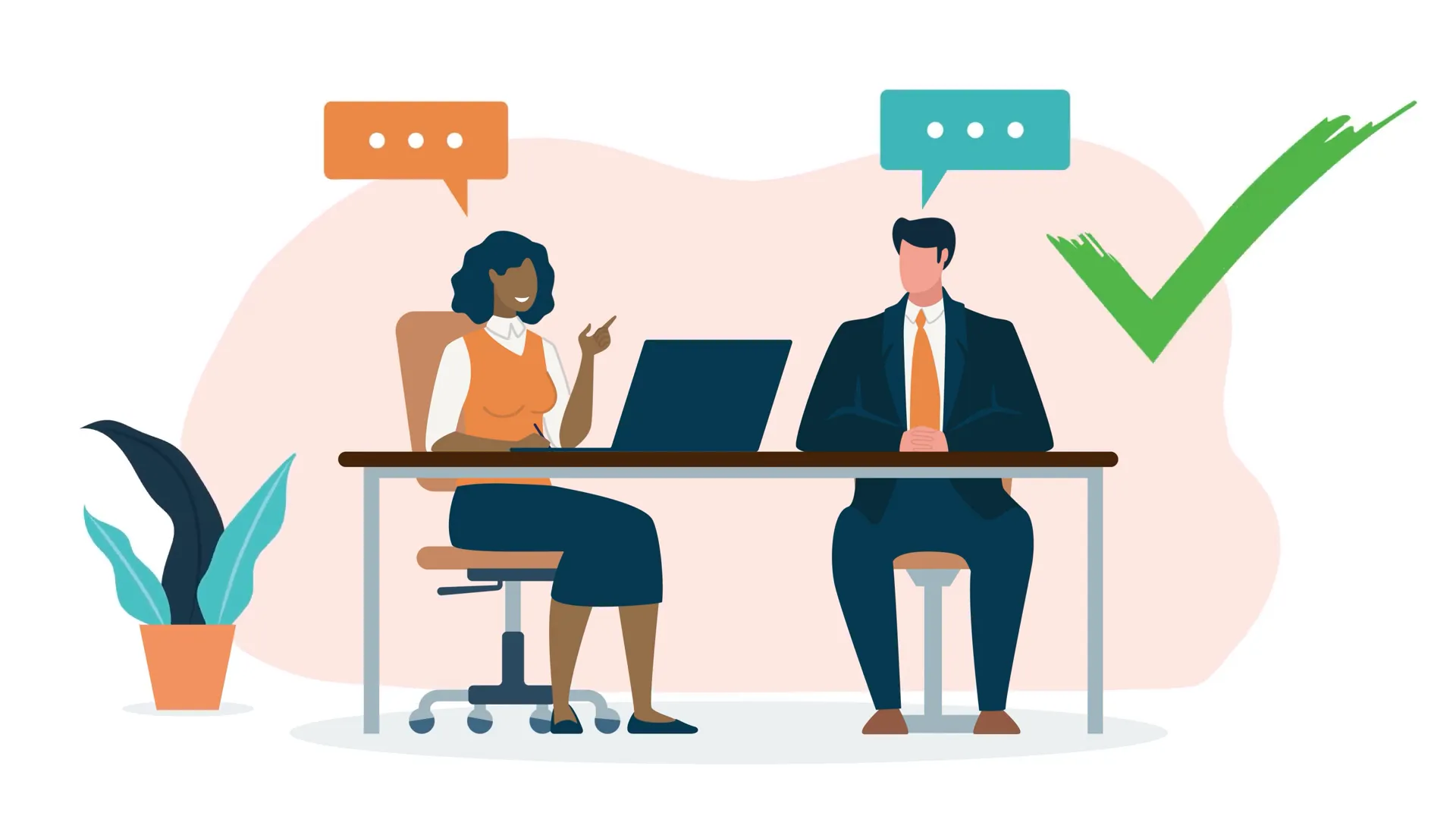
6. Bad-Mouthing Previous Employers 🙅♂️
Refrain from badmouthing your former employer, regardless of your experiences. This behavior shows a lack of professionalism and trustworthiness, which can harm your prospects of landing a new role. Instead, focus on what you learned from past experiences and how they prepare you for the new role.

7. Being Overconfident 💪
Confidence is essential in interviews, but being overconfident can come across as arrogance. Employers want to hire team players, not know-it-alls. Be honest during your interview and show that you’re willing to learn and grow in the new role.

8. Sounding Rehearsed 📖
While preparation is important, sounding rehearsed can hinder the natural flow of conversation. Aim for a balanced dialogue that allows you to express your thoughts freely. Stiff answers may make you seem less genuine, so practice your responses without memorizing them word-for-word.
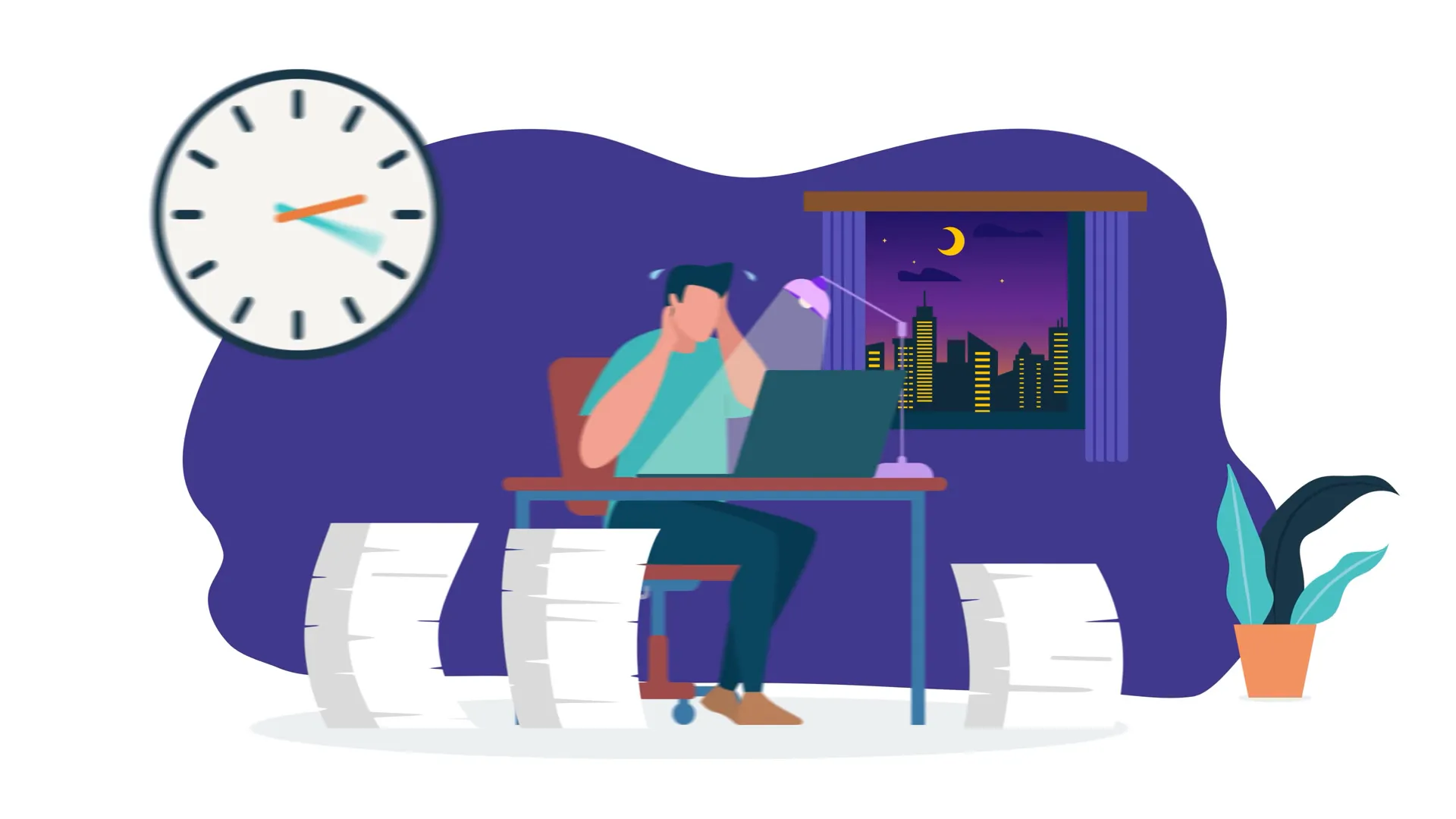
9. Forgetting Names 📝
If you have multiple interviews lined up, it’s easy to confuse or forget names. Calling your interviewer by the wrong name can be embarrassing and damaging. To avoid this, create cue cards with important details, including names, and review them before entering the building.
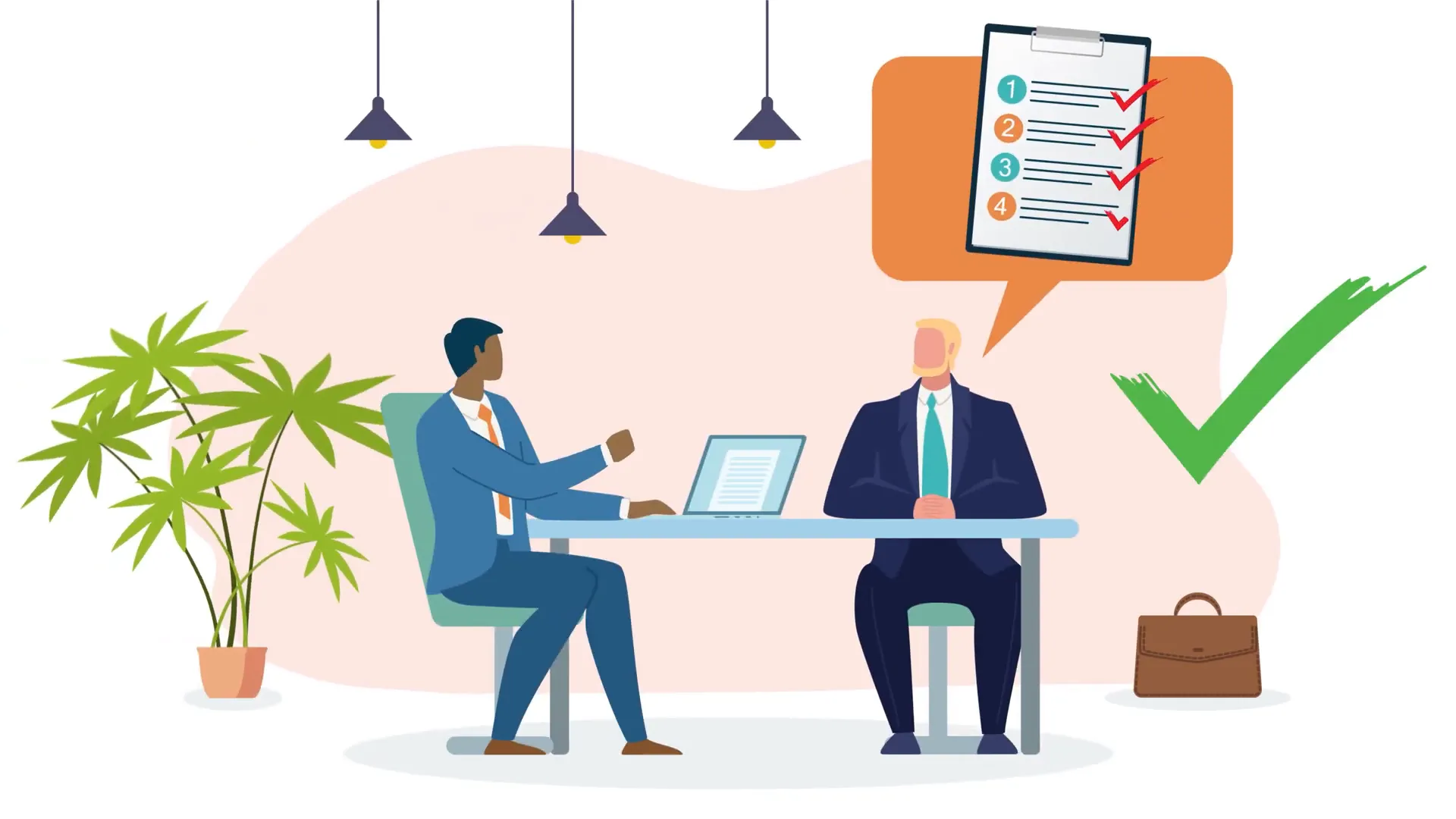
10. Failing to Ask Any Questions ❓
At the end of the interview, if the hiring manager asks if you have any questions and you respond with, “No, I think you’ve covered everything,” you’ve just ruined your chance of getting the job. Show interest in the role by asking insightful questions about progression, company culture, or team dynamics.
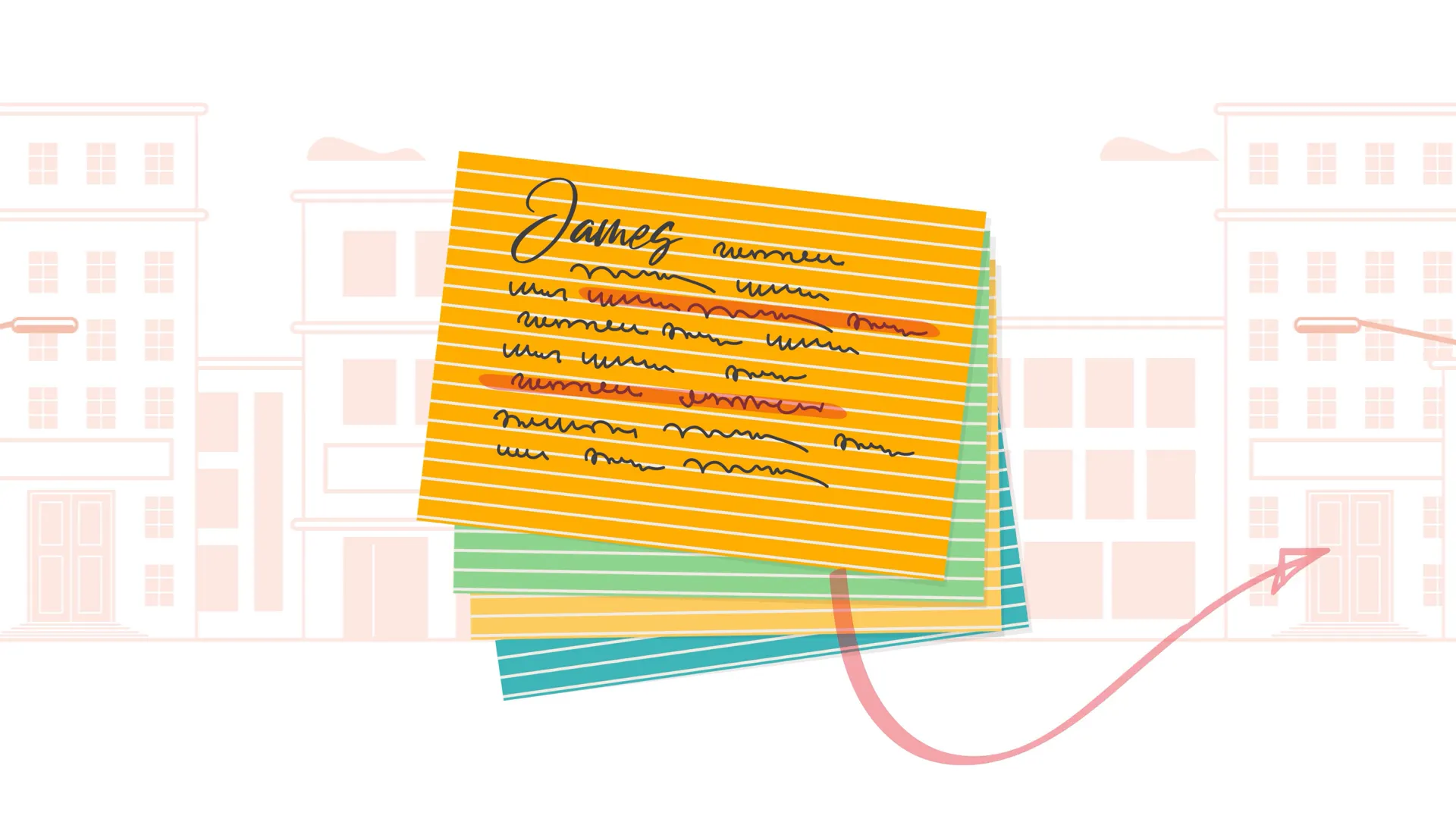
Conclusion 🎉
Each of these mistakes, while seemingly small, can significantly impact your chances of landing the job. By being aware of them and taking proactive measures to avoid them, you can improve your interview performance. Remember, interviews are not just about the employer assessing you; they’re also about you evaluating if the role and company align with your career aspirations.
Frequently Asked Questions (FAQs) ❓
What should I do if I realize I’ve made a mistake during the interview?
If you recognize a mistake during the interview, acknowledge it briefly and move on. Focus on demonstrating your value and suitability for the role.
How can I prepare for common interview questions?
Research common interview questions and practice your responses. Use the STAR method (Situation, Task, Action, Result) to structure your answers effectively.
What kind of questions should I ask the interviewer?
Ask questions about the company culture, team structure, and opportunities for growth. This shows your interest and helps you assess if the company is a good fit for you.
